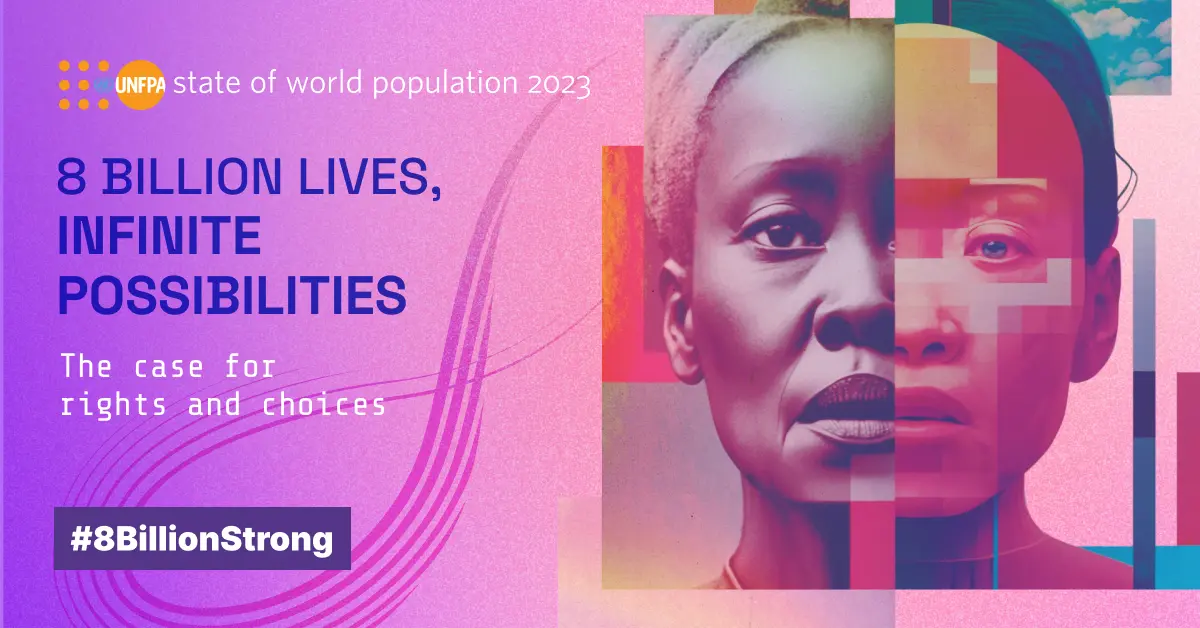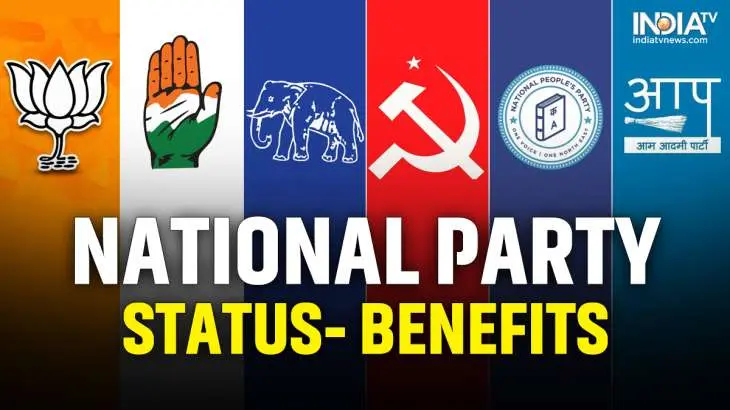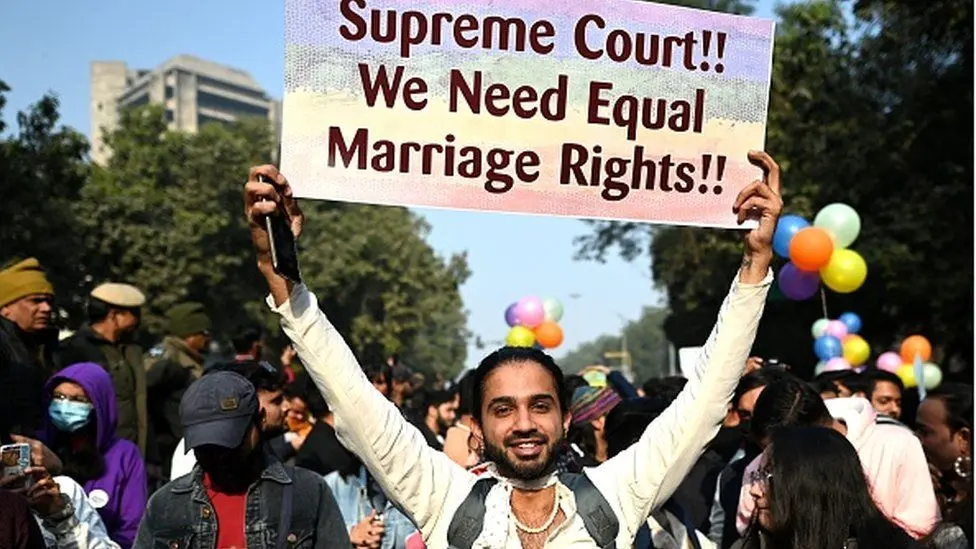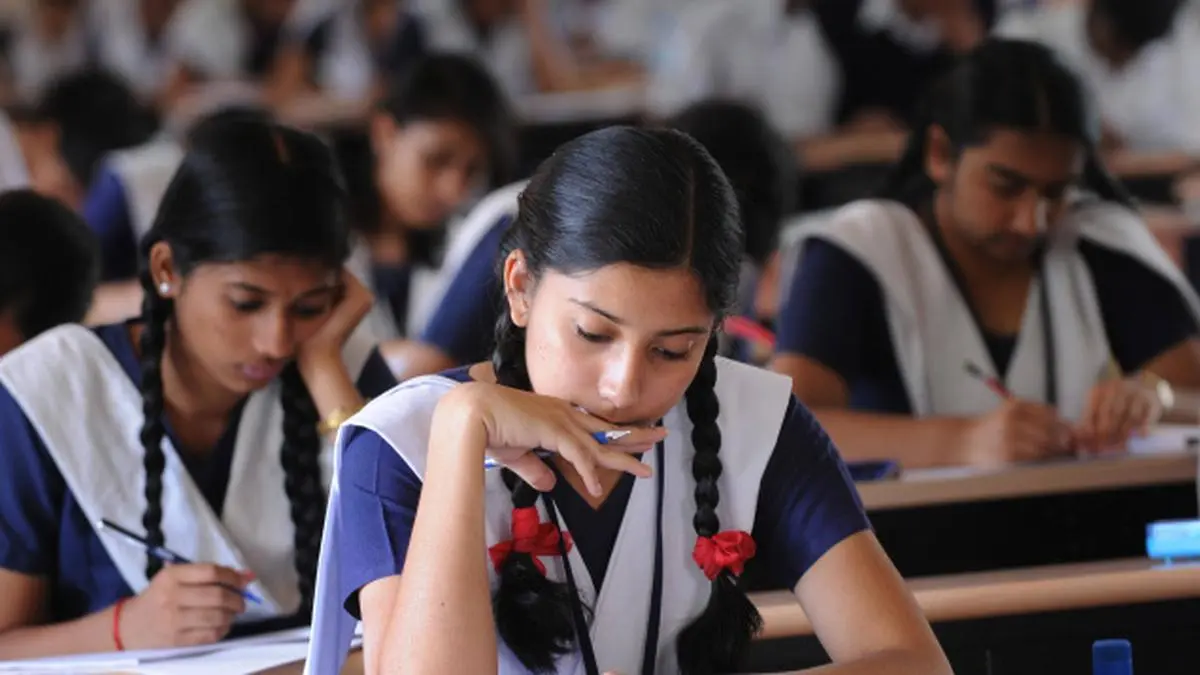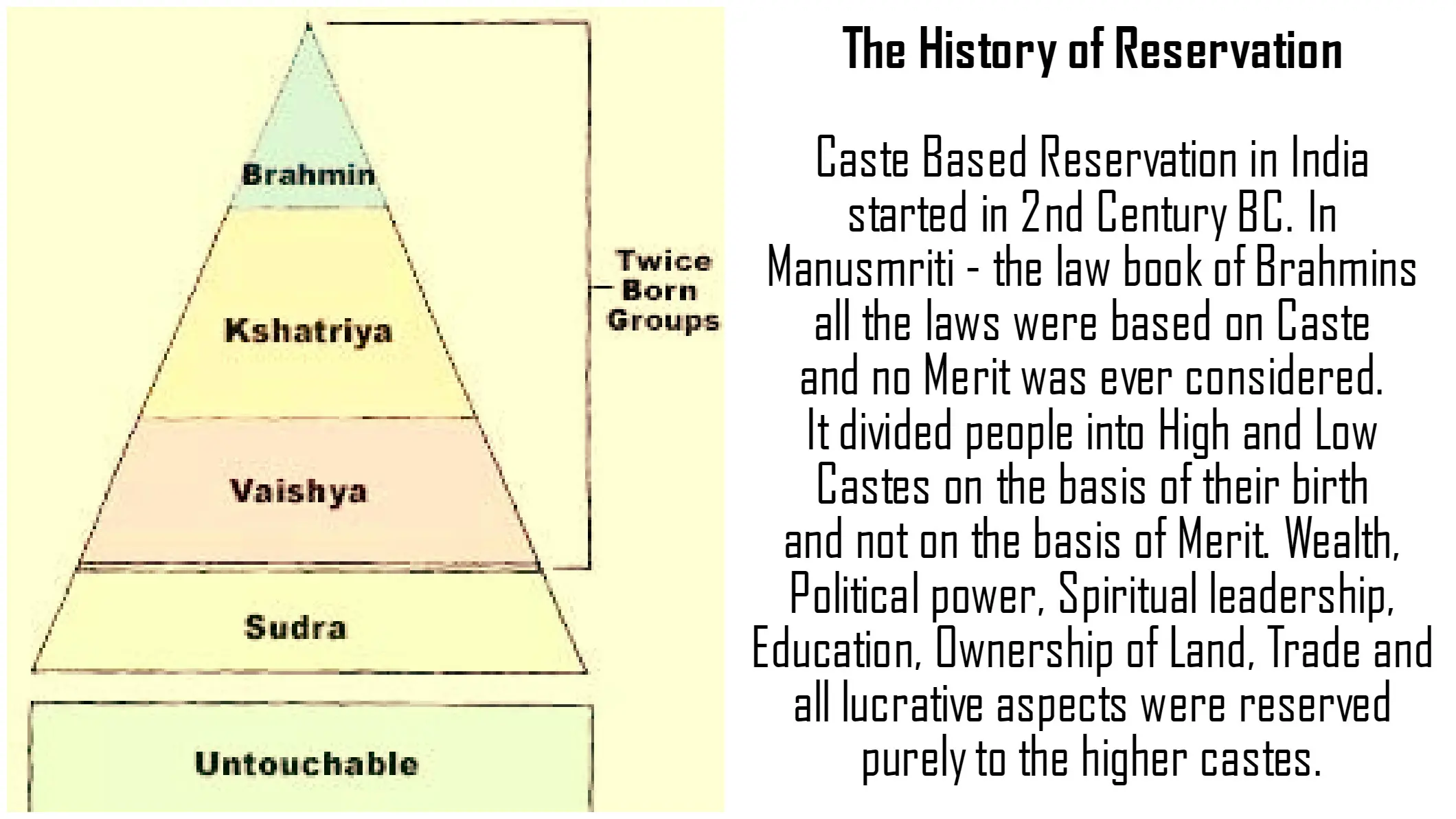UN population report: Key takeaways for India and the world
organized crime
Organised crime is defined as a set of continuing serious criminal activities for substantial profit. Organised criminals working together for the duration of a particular criminal activity or activities are what we call an organised crime group. Successful organised crime groups often consist of a durable core of key individuals assisted by a cluster of subordinates, specialists, and other more transient members, plus an extended network of disposable associates. Sometimes organised crimes are run by families.The core intention behind committing an organised crime is not to take revenge or harm someone, rather it is a kind of illegal business for earning profits. However, the crime which is committed naturally involves some kind of physical and/or mental injury.It employs illegitimate methods-monopolisation, terrorism, extorition and tax-evasion to drive out or control lawful ownership and leadership, and to extract illegal profits from the public. Organised crime also corrupts public officials to avert governmental interference 8 and is becoming increasingly sophisticated. In India, in addition to its traditional spheres of activities which included extortion, seeking protection money, contract killing, boot-legging, gambling, prostitution and smuggling, now added is drug trafficking, illicit arms trading, money laundering, transporting illegitimate activities based essentially on its readiness to use brute force and violence. By corrupting public officials and thereby monopolising or near monopolising, organised crime aims to secure for itself power. Later, the money and power it begets are used to infiltrate legitimate business and several other related activities.9 The recent experience has shown that it attempts to subvert and corrupt our democratic processes.Characteristics Of Organised CrimeContinuity - The criminal group operates beyond the life span of individual members and is structured to survive changes in leadership.Structure - The criminal group is highly structured and there is an organised system to accomplish each component of the crime.Membership - The membership in the core criminal group is restricted and based on common traits such as ethnicity, criminal background or common interests. The rules of membership include secrecy, a willingness to commit any act for the group and intent to protect the group. In return for loyalty, the member of a criminal group receives economic benefits, certain prestige, and protection from law enforcement.Violence - Violence and the threat of violence are an integral part of a criminal group in order to carry out the illegal activities. Types Of Organised CrimeDrug Abuse and Drug Trafficking- India is geographically situated between the countries of Golden Triangle (Myanmar, Thailand, Laos) and Golden Crescent (Iran, Pakistan, Afghanistan) and is a transit point for narcotic drugs produced in these regions to the West. India also produces a substantial amount of opium. Smuggling- It consists of clandestine operations leading to unrecorded trade. Goods which are illegal in the territory of India or heavily taxed are smuggled to continue their trade or maintain profits. India has a vast coast line of about 7,500 km and open borders with Nepal and Bhutan are prone to large scale smuggling of contraband substances, valuable jewels, electronics, certain fabrics, and other consumable items. Money Laundering and Hawala- This crime is governed by the Prevention of Money Laundering Act, 2002. Many criminals are engaged in this profession where they help people with an illegal income to convert it into a legitimate income.Human trafficking and Prostitution- This involves women trafficking, child trafficking, trading in sex workers, etc. A book titled “Indian Mafia” by S.K. Ghosh has revealed that there are more than twenty-five lakh prostitutes in the country and roughly, three lakh prostitutes get into the profession every year. The underworld is closely connected with brothels and call girl rackets, making plenty of money through this activity. They supply young girls to brothels in different parts of the country, shuttling them to and from the city to minimise the risk of their being rescued. According to a study conducted by the Indian Health Organisation, there are over 1,000,000 prostitutes in Bombay and an equal number in Calcutta. Delhi and Pune have an estimated 40,000 each. Prostitution in itself is not a crime, but forcefully dragging young girls or running a brothel imposes criminal liability. Contract Killings - The offence of murder is punishable under section 302 IPC by life imprisonment or death sentence. The chance of detection in contract killings is quite low. Kidnapping for Ransom Illegal Immigration - Absence of valid documents like passport and visa leads to many people aspiring for jobs in foreign land, like the Gulf Countries, falling into the trap of unscrupulous travel agents and employment agencies.Dacoity and Related Offences - Dacoity is one of the oldest forms of crimes in India and is committed purely for the purpose of looting or extortion. Section 391 of the Penal Code defines dacoity as a robbery committed by five or more persons. It is punishable with imprisonment for life or rigorous imprisonment up to 10 years and five months (section 395).Terrorism & Narco - Terrorism Terrorism is a serious problem which India is facing. Conceptually, terrorism does not fall in the category of organised crime, as the dominant motive behind terrorism is political and/or ideological and not the acquisition of money-power. The Indian experience, however, shows that the criminals are perpetrating all kinds of crimes, such as killings, rapes, kidnappings, gun-running and drug trafficking, under the umbrella of terrorist organisations. The existing criminal networks are being utilised by the terrorist leaders. India faced serious problems in the Punjab in the 1980s, which has since been controlled with the installation of a popular government. The North East still continues to be in turmoil due to the unlawful activities of ULFA and NSCN. The terrorist groups there are partly financing their operations by kidnappings for ransom of tea garden executives and extortion from businessmen. PWG and LTTE, in small pockets of southern India, continue to indulge in continual acts of violence. Laws governing organised crimes in IndiaA. Indian Penal CodeCriminal Conspiracy- Sec. 120-A of the Indian Penal Code makes criminal conspiracy a punishable offence. When two or more persons commit a crime, it ammounts to criminal conspiracy. Section 120-B of the India Penal Code provides for punishment for criminal conspiracy.Additionally, these organised criminals shall also be charged for the specific crime which they have committed. For instance:Contract killings- Section 300 and Section 302 of the IPC which deals with murder. Kidnapping- Section 360, Section 363 and Section 364A of the IPC.Human trafficking- Section 370 and Section 370A of the IPC.Dacoity- Section 395, Section 399 and Section 402 of the IPC. B. Preventive lawsNational Security Act, 1980The National Security Act provides for preventive detention of individuals by the Central Government or the State Government or by the officers designated by this Government. The detention order is issued for one year with a view to preventing a person from acting in any manner prejudicial to the defense of India or to the friendly relations with foreign powers. The expression ‘security of India’ is open to liberal interpretation and this Act is used against anti-national elements and hard core gangsters. Detention is an executive action and the case does not go to the court for trial. Prevention of Illicit Traffic in Narcotic Drugs and Psychotropic Substances Act, 1988The Prevention of Illicit Traffic in Narcotic Drugs and Psychotropic Substances Act, 1988, derived from The United Nations Convention against Illicit Traffic in Narcotics Drugs and Psychotropic Substances Act, 1988 (known as the Vienna Convention) , provides for detention of persons engaged in illicit drug trafficking. The Central Government or the State Government or designated officers of these Government, can pass an order for detaining such a person with a view to preventing him from engaging in illicit traffic in narcotic drugs. The detention can be made for one year but in certain circumstances it is extendable to two years. C. Miscellaneous lawsApart from these laws, there are various other laws that govern certain specific organised crimes. Customs Act, 1962 for cases related to smuggling Prevention of Money Laundering Act, 2002 for cases relating to money laundering. The Immoral Traffic (Prevention) Act, 1956The Foreign Exchange Regulation Act, 1973The Public Gambling Act, 1867 The State Government has also legislated on subjects like excise, Prohibition and gambling etc.Some states have specific laws governing organised crimes in their jurisdiction, like The Maharashtra Control of Organized Crime Act 1989, The Uttar Pradesh Gangsters and Anti Social Activities [Prevention] Act. 1986, The Karnatka Control of Organised Crime Act 2000. Problems In Controlling Organised CrimesInadequate Legal StructureIndia does not have a special law to control/suppress organised crime. The existing laws target individuals and not the criminal groups or criminal enterprises. Being a member of a criminal gang is not punishable under the Penal Code, the only exception being the gang of dacoits. Under section 167 of the Code of Criminal Procedure, the police are mandated to file the charge sheet within 90 days from the date of arrest, failing which the accused is liable to be freed on bail.Organised crime is intricate in nature and has inter-state and even international ramifications which makes investigation difficult, resulting in acquitals. The bail provisions are quite liberal (sections 437 to 439 CrPC).Section 438 of the CrPC provides for anticipatory bail even in heinous offences. These loopholes are often misused by politically influential and rich people.Difficulties in Obtaining ProofThe absence of laws to provide protection to the witnesses against organised gangs make it difficult to catch the criminals in the upper strata or hierarchy. Also, people are unwilling to act as witnesses. Involvement of common people makes crimes undetectable, like in gambling and prostitution, the people in general are willing participants. Slow Pace of Trials & Low Conviction RateSlow pace of trials in India. The average time of trial may run into years. Low conviction rates. Only about 38% murder and rape cases result in conviction in India. The percentage of conviction in dacoity cases is still lower, even after specific provision in the IPC. Lack of Resources & TrainingInadequate number of police personnel and associate staff. Lack of for the criminal justice system agencies Lack of training facilities for the investigation of organised crime. No specialised cells to handle organised crime investigations. Inadequate number of courts and the trial of organised crimes by ordinary courts. Lack of Co-ordinationIndia does not have a national level agency to co-ordinate the efforts of police organisations as well as central enforcement agencies. No agency to collect, collate, analyse, document and function as a central exchange of information relating to international and inter-state gangs operating in India and abroad. Similarly, there is no system of sustained pursuit of selected gangs at the national and State level. Problems in coordination between the Central Government and the State Governments and between one State Government and another State Government due to political differences. The information that comes into the hands of Central and State investigating agencies is not exchanged timely. Thus, valuable clues are lost. Dual Criminality The crime syndicates do not respect national boundaries. Certain crimes, particularly drug trafficking, are planned in one part of the world and executed in another. Different nations have different legal structures. A certain act may be crime in one country but not in another. Extradition of criminals from one country to another is possible only when the principle of dual criminality is satisfied. India has faced problems in the extradition of certain fugitive criminals on this count. Criminal, Political & Bureaucratic NexusExtensive network of criminals with the bureaucrats, government functionaries, politicians, media persons and democratically elected individuals at the local level. Some of these syndicates also have international linkages, including with the foreign intelligence agencies. Gangs enjoy the patronage of local level politicians. Some of them collect large funds from the criminal syndicates for electioneering. Criminals acquire considerable political clout by funding politicians and expanding influence among people due to wide reach. The political influence of these syndicates has deep penetration into the investigating and prosecuting agencies also. Ways to Combat Organised CrimeStrengthening of Criminal LawsNeed for Speedy TrialRecruitment of sufficient staffImproving Co-ordination and Setting Up Specialised Units to deal with Organised crime.Common Database for Enforcement AgenciesEfficient and state of the art trainingProvision for protection of staff and witnessesEnhancing International CooperationSpeedy Extradition of Fugitive CriminalsPolitical CommitmentPublic Awareness and Education











